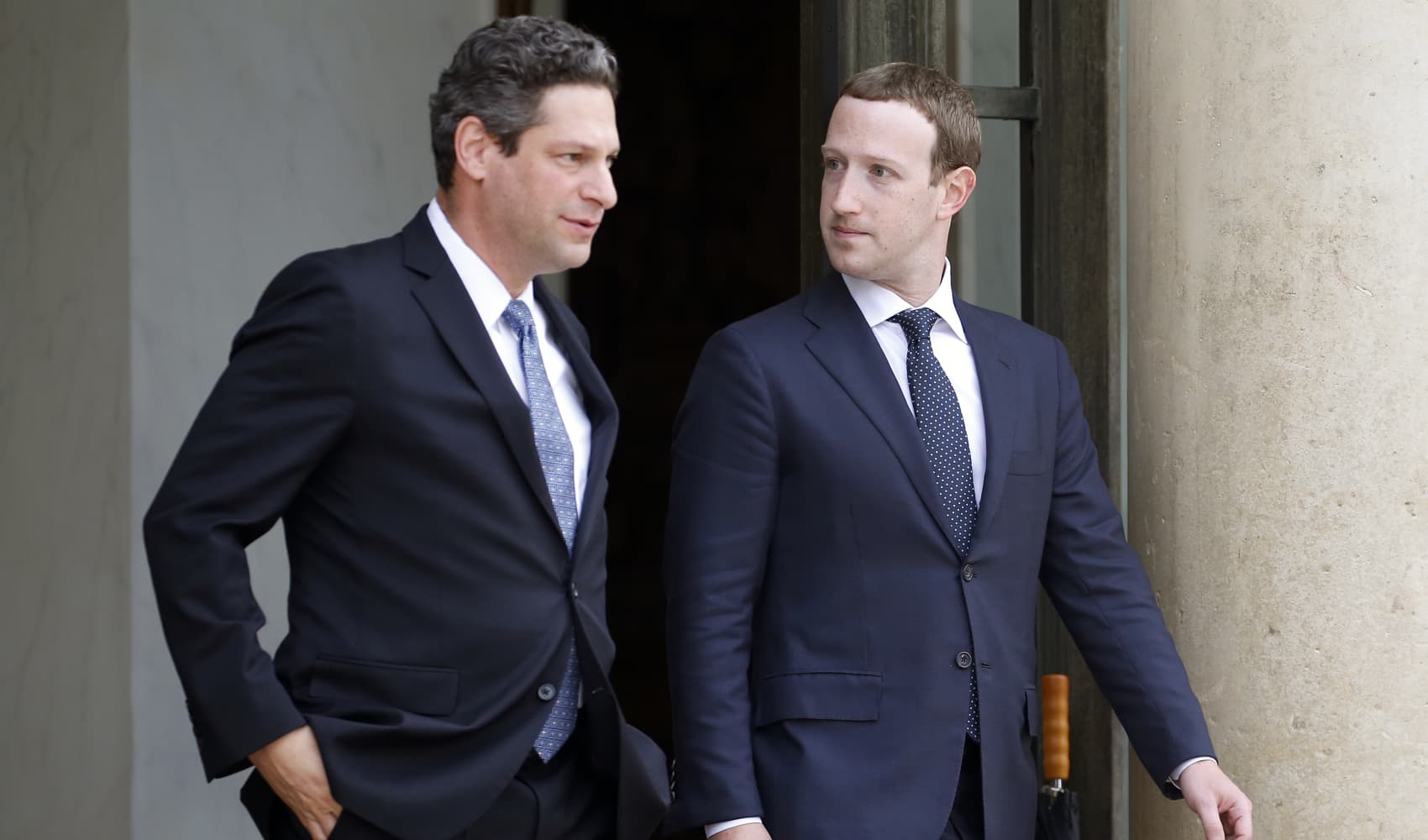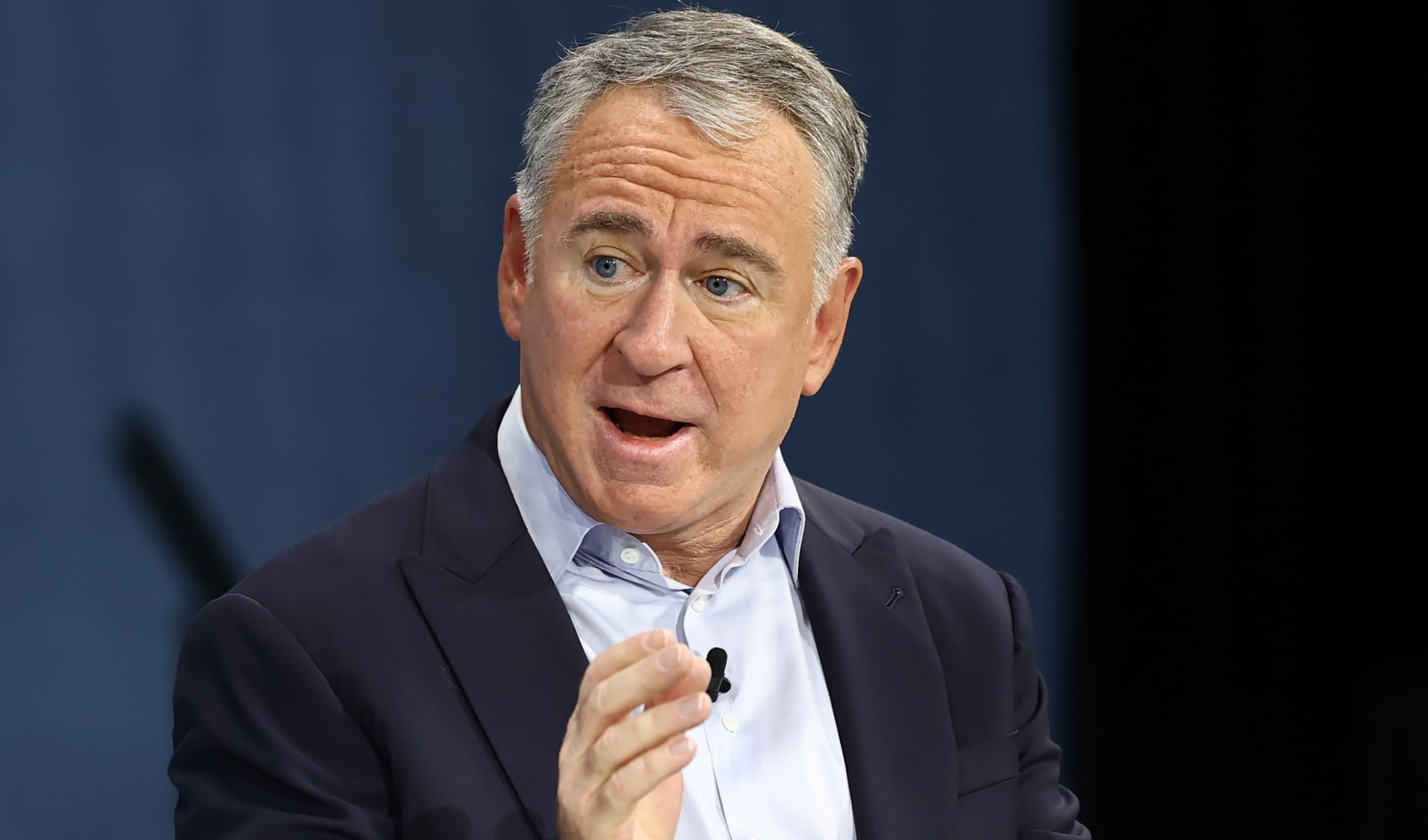
U.S. stocks fell on Tuesday in an afternoon slide led by shares of companies with the most to lose if there are any hiccups in the global economic reopening from the Covid-19 pandemic.
The S&P 500 declined 0.8% to 3,910.52, pressured by industrials and materials. The Dow Jones Industrial Average fell 308.05 points, or 0.9%, to 32,423.15 as Caterpillar slipped 3.4%. The tech-heavy Nasdaq Composite slid 1.1% to 13,227.70. The small-cap Russell 2000 dropped 3.6% to 2,185.69 for its worst day since June.
Travel and retail stocks sold off in lockstep amid fresh Covid restrictions globally. Shares of Carnival and Norwegian cruise lines slumped more than 7% each. American Airlines and United Airlines also dropped more than 6% apiece. Brick-and-mortar retailer Gap slid nearly 8%.
Get Tri-state area news delivered to your inbox.> Sign up for NBC New York's News Headlines newsletter.
The World Health Organization said most regions of the globe are seeing an increase in new Covid cases as highly contagious variants continue to spread. Germany is extending its lockdown until April 18, while nearly a third of France entered a month-long shutdown on Saturday. Oil prices fell more than 6% amid the threat of a third wave of global infections.
"Despite the vast improvements, the third pandemic wave left large parts of the population vulnerable both medically and economically," said Brad McMillan, chief investment officer at Commonwealth Financial Network. "That damage will take time to heal. Vaccinations will get that spread under control, but it will take time."
The U.S. is administering about 2.5 million Covid vaccine shots every day. However, the number of new cases is increasing in 21 states as governors relax restrictions on businesses.
Money Report
On Tuesday, a U.S. health agency expressed concern that AstraZeneca may have included outdated information in trial results of its Covid-19 vaccine.
One year bull market anniversary
Stocks' rally took a pause as the new bull market officially turned one year old. Tuesday marks the one-year anniversary of the pandemic bottom after the unprecedented health crisis sent the S&P 500 tumbling 30% in just 22 days in the fastest bear market sell-off ever.
Stocks have rebounded fiercely from the Covid-induced trough with the S&P 500 rallying about 80% since the low one year ago, marking the best start to a new bull market on record. The Nasdaq Composite is up more than 90%, while the Dow has surged about 75% during the same period.

"The stock market's rally was pricing in the expectation of the economic rebound and I think that expectation is going to come into fruition," said Craig Fehr, investment strategist at Edward Jones. "We will continue to see equity market gains from here but I don't think they will be quite as strong as we've seen over the past 12 months. And I think the path will be a bit bumpier along the way."
History shows that new bull markets like this one usually carry the strong rally into the second year, although more muted gains should be expected. Wall Street's consensus year-end target for the S&P 500 stands at 4,099, representing a 4% gain from Monday's close, according to the CNBC Market Strategist Survey that rounds up 15 top strategists' forecasts.
"After an 80% rebound in equity prices since the lows of March 2020, it is fair to suggest that much of the good news is getting priced in and the upside potential becomes more limited from here," Tobias Levkovich, chief U.S. Equity Strategist at Citi, said in a note.
Asset prices elevated
Federal Reserve' Chairman Jerome Powell and Treasury Secretary Janet Yellen made their first joint appearance Tuesday before the U.S. House Committee on Financial Services. The duo acknowledged the richly valued asset prices in the markets, but said that they are not worried about financial stability.
"I'd say that while asset valuations are elevated by historical metrics, there's also belief that with vaccinations proceeding at a rapid pace, that the economy will be able to get back on track," Yellen said during the testimony. "I think that in an environment where asset prices are high, that what's important is for regulators to make sure that the financial sector is resilient and to make sure that markets work well."
Meanwhile, Powell stressed that when it's time to dial back its multibillion-dollar asset purchases, the central bank will communicate carefully and move slowly.
"In terms of moving forward, we've said that we would start to taper our asset purchases when we've seen substantial further progress toward our goals," Powell said. "When that comes, we'll communicate well in advance of the time of actually tapering."
The major indexes finished Monday higher as investors bought the dip in growth stocks with the 10-year Treasury yield retreating. The benchmark rate dipped another 6 basis points to 1.62% on Tuesday.
— CNBC's Tom Franck contributed reporting.






